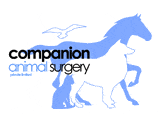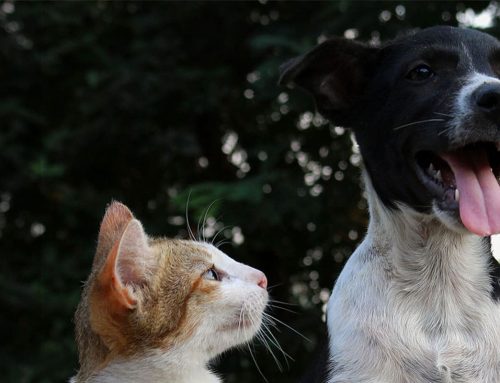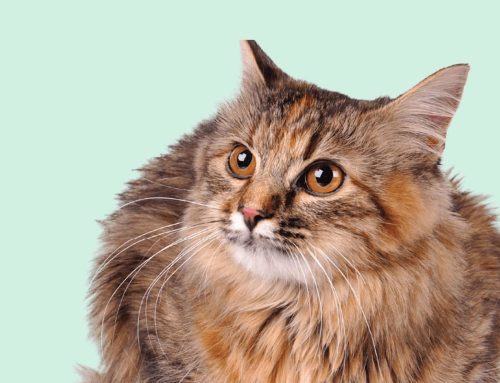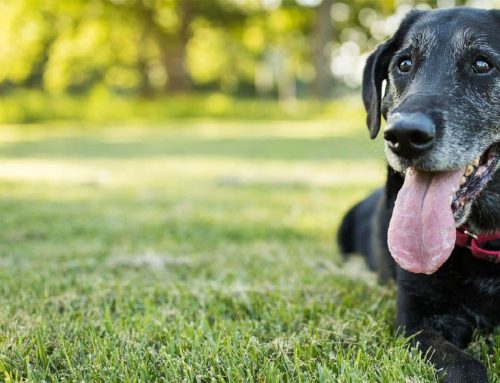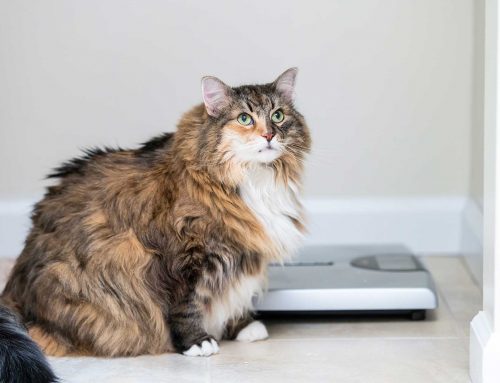Knowing when to feed your pet bones can be very confusing, and with so much information available online, it can be hard to find the answer. When in doubt, always check with one of our Veterinarians before giving your pet anything new to eat.
Before feeding your pet a raw bone, you should be aware of some of the potential risks of doing so.
Raw bones could cause:
- Teeth breakages.
- Blockages and lacerations in the mouth, if the bone gets stuck.
- Salmonellosis from Salmonella. Which can be found in raw meaty bones.
- Pancreatitis in susceptible dogs.
- Chocking hazards if left unsupervised while eating.
- Piercing, laceration or obstruction of the intestinal tract.
- Meaty bones can also cause bad breath.
Unfortunately, when bones cause issues in pets, the effects can be dramatic and expensive, so as an owner, it is crucial to be aware of these risks.
We generally recommend a more gentle and safer approach to keeping your dog’s teeth clean.
Our favourite dental preventatives are:
- OraVet Dental Hygiene Chews. These chews help reduce the build-up of plaque and tartar. They also coat teeth with a protective barrier that prevents bacteria from attaching to them.
- Delicate Care Hypoallergenic Dental Treats. The shape of these treats assists with the cleaning of teeth. They also contain ingredients to help reduce tartar build-up.
- Nutritional, dental diets such as Hills T/D which can be fed as a complete diet to your pets.
Should you choose to give bones to your pets, it is important to note the following:
- Pick the right sized bone for your pet – bones should always be bigger than your pet’s head so they cannot be swallowed whole.
- You can give your pet raw bones up to about three times a week.
- Bone marrow is very fattening for your pet; bones should be cut and the marrow removed before feeding.
- Once your pet has finished removing the meat from their chewed bones, you should dispose of them promptly. Bones are for chewing on, not chewing through.
- Never feed your pet cooked bones. They may splinter and cause damage to the intestines.
- You should always supervise your pet while they are chewing bones or treats.
If you are unsure about whether you should feed bones to your pets, please do not hesitate to chat with one of our Vets for more information.
